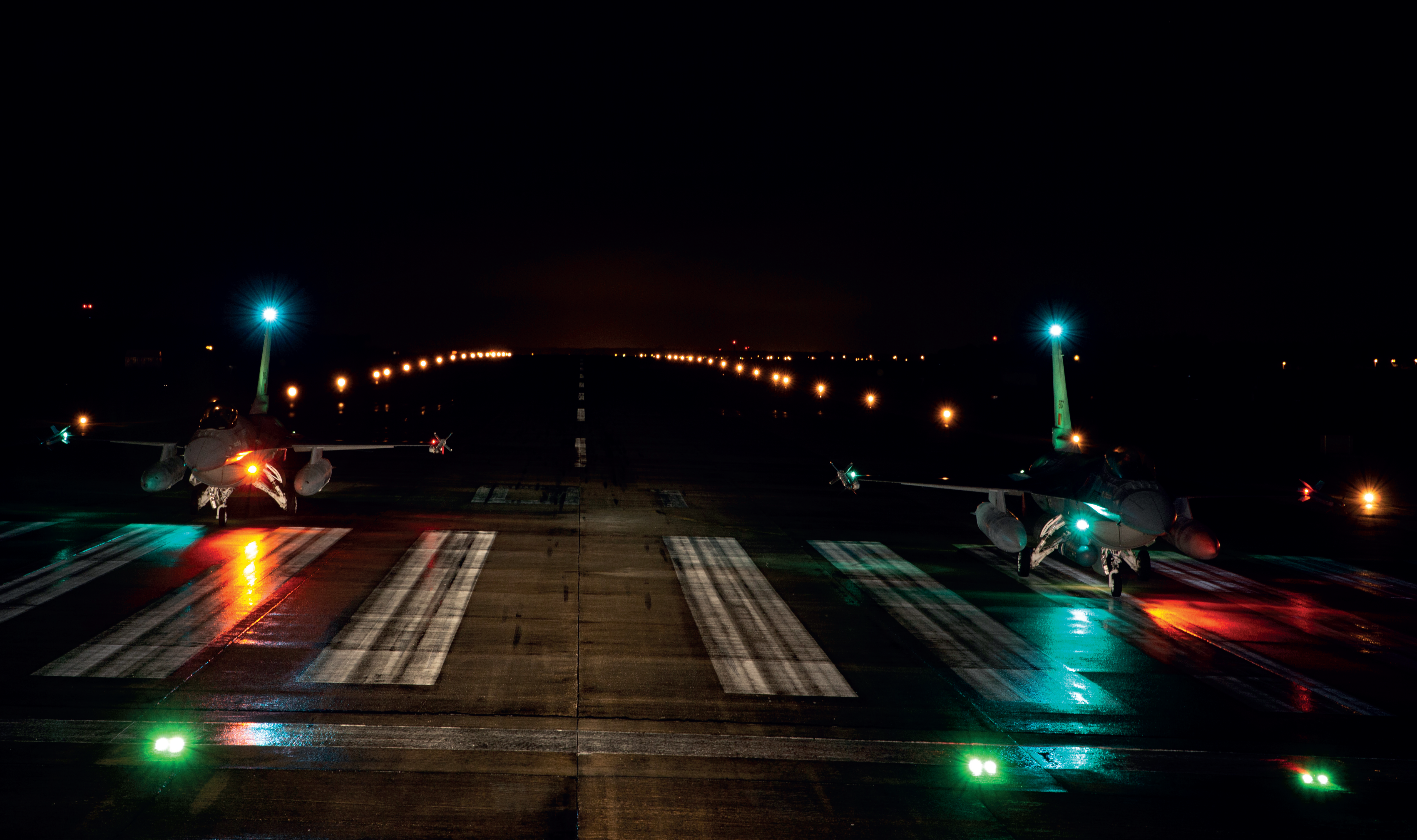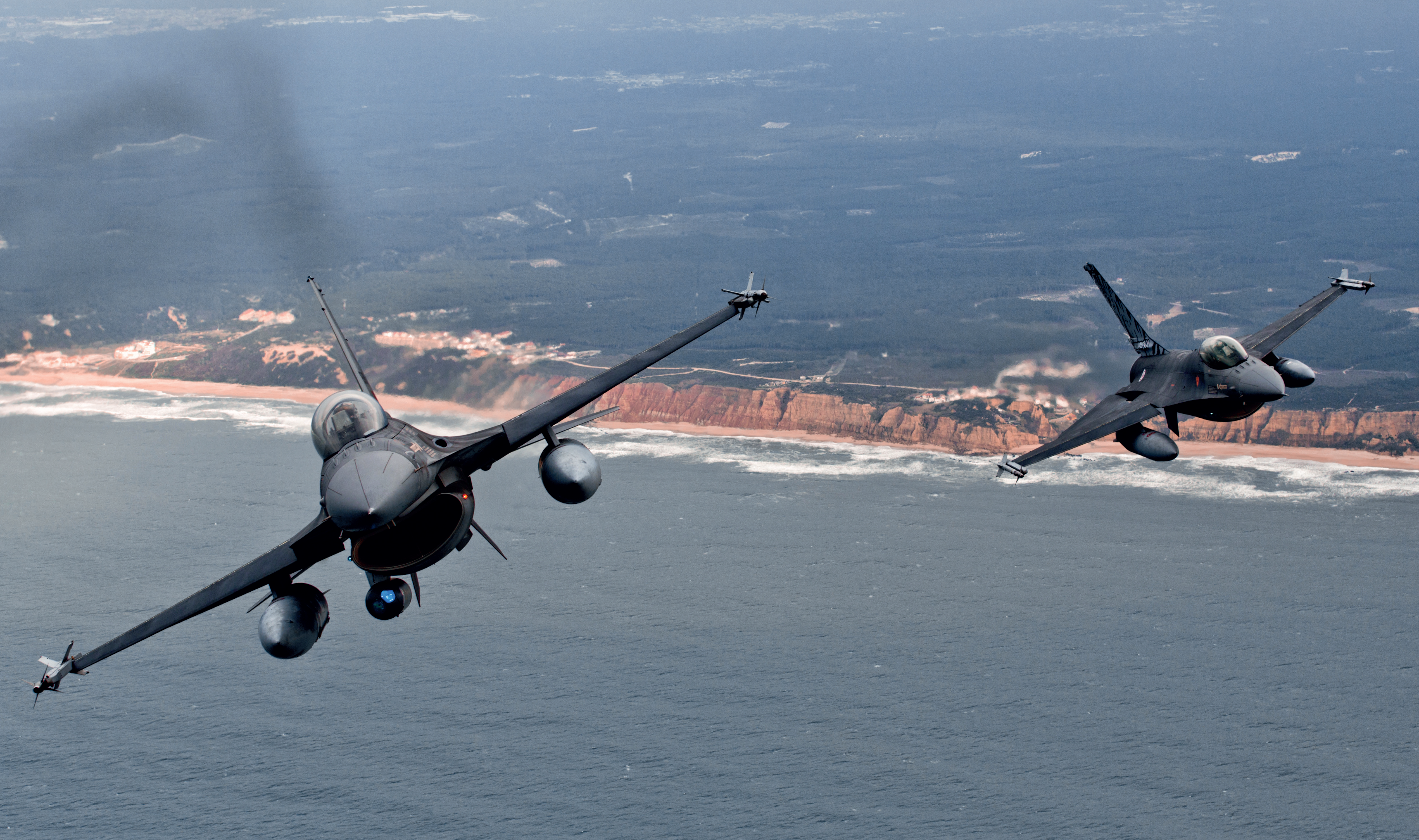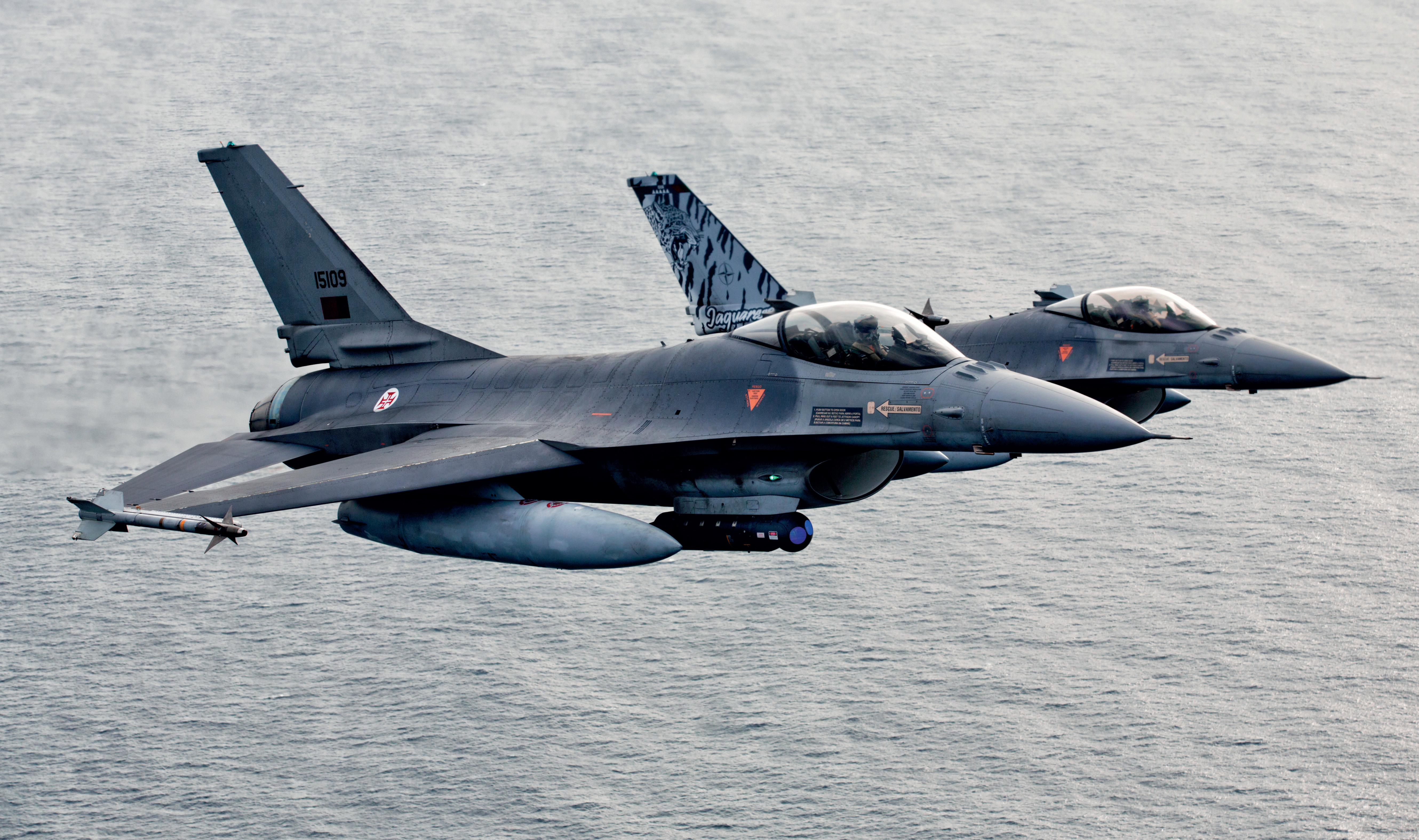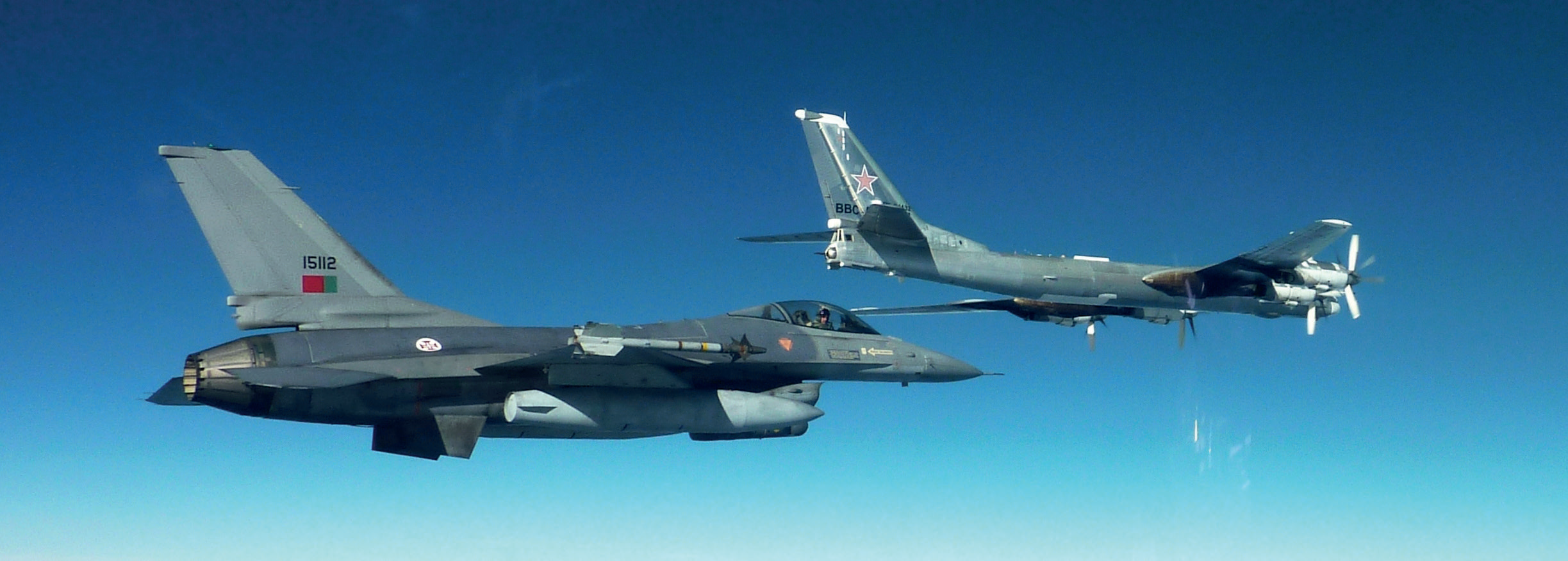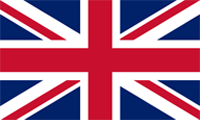Quick Reaction Alert - 24 Hours Defending Portugal
The F-16 began its mission of National Air Defense Alert in April 1995, less than a year after the arrival of the first aircraft in Portugal. Initially, due to the level of threat, the Quick Reaction Alert (QRA), as NATO terminology refers to the Air Defense Alert mission, was conducted from sunrise to sunset, with two aircraft on standby with a reaction time of up to 30 minutes.
Following the events of September 11, 2001, a permanent QRA service was implemented, operating 24 hours a day, 365 days a year. The readiness status was also enhanced, significantly reducing the reaction time.
Over these 29 years of Air Defense Alert, the activation of these forces has been marked by notable events, such as escorting Air Astana's aircraft, intercepting strategic bombers of the Russian Federation in international airspace under national responsibility, and multiple interventions involving aircraft engaged in illicit activities, among others.
The QRA mission, primarily a national priority, also carries NATO responsibilities. It can be activated at the request of NATO or strictly by national decision. Despite being a mission defined for "peacetime", the QRA always operates in combat configuration upon launch and operation.
Often referred to as the "spear's tip", the QRA mission is complemented by a permanent surveillance system executed from radar stations on the mainland and Madeira archipelago, monitored by a Command, Control, and Reporting system based in Lisbon at the Air Command of the Portuguese Air Force.
